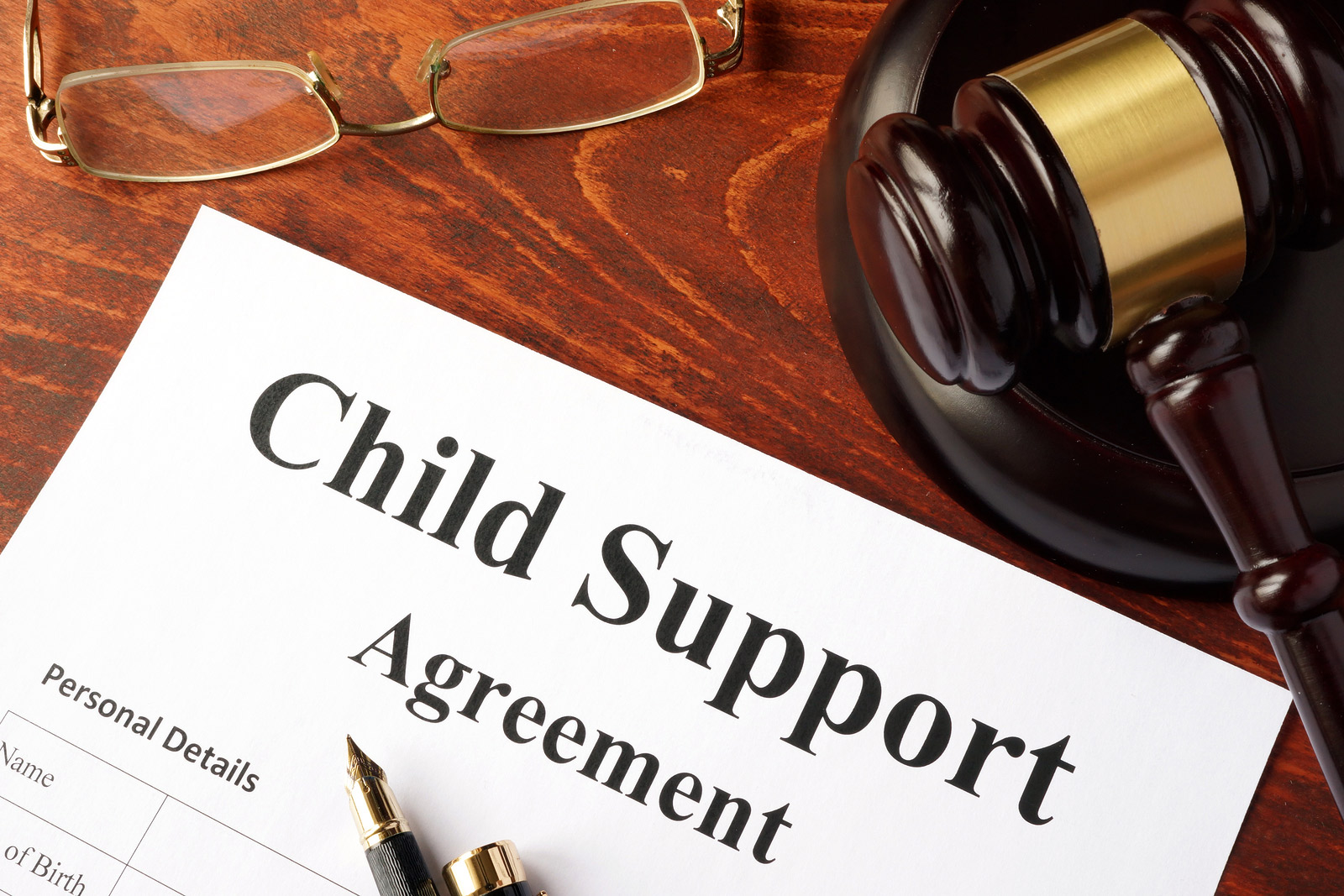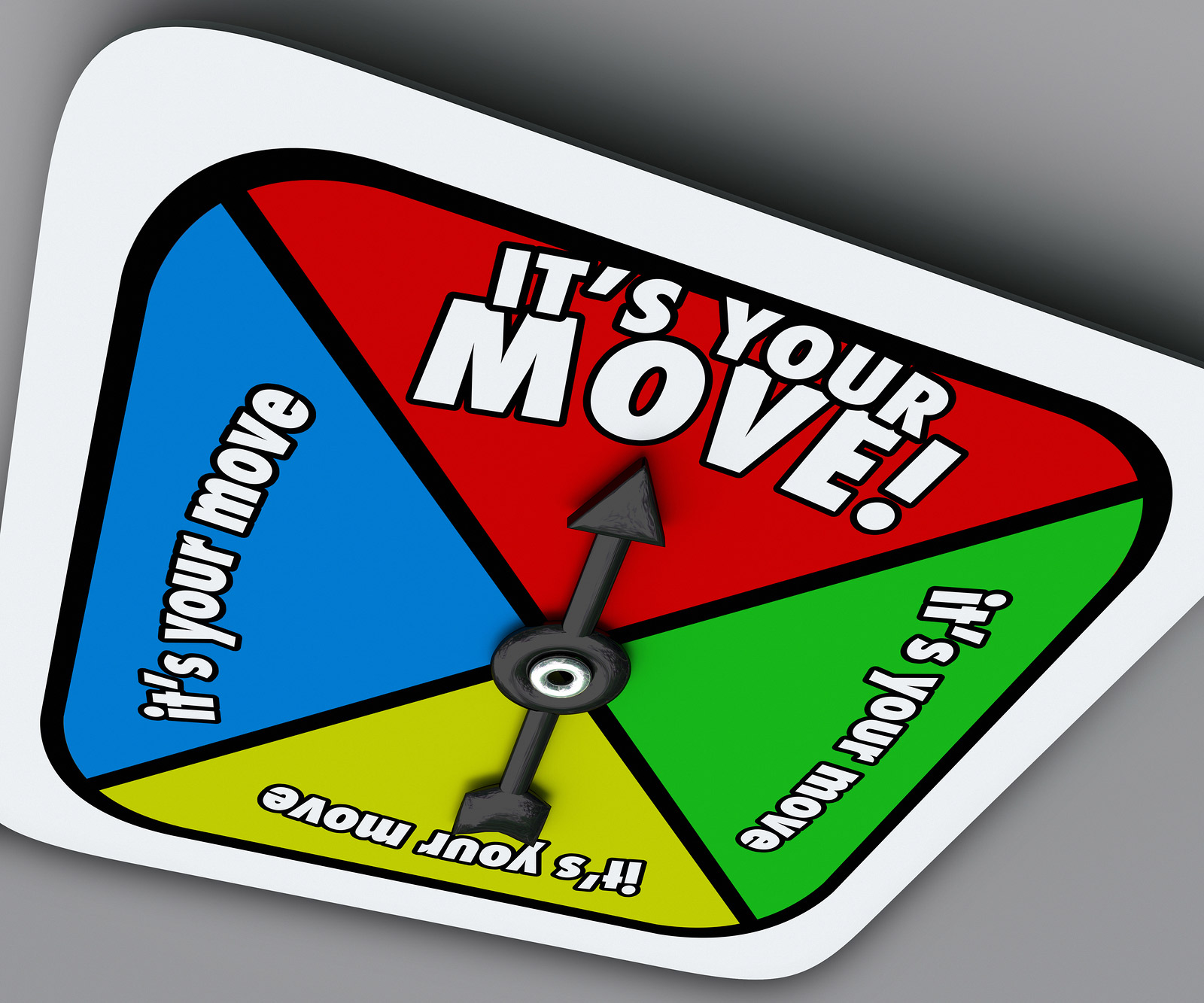It seems like everyone has an opinion about or knows someone that has been through a child custody battle.
And. . .. I’m sure you will agree with me though that a lot of the information can be conflicting, confusing and sometimes just plain wrong.
In this article, we provide you straightforward, honest and simple answers to your child custody questions.
When you are done here you should have answers to your child custody questions such as:
- the different types of custody
- how a custody decision is made
- how much hiring a lawyer for your custody case will cost
- and the answers to other child custody questions
Ready to have your child custody questions answered? Keep reading!
1. What is legal custody?

2. What is physical custody?

Physical custody is most easily described as the amount of time your child spends with you and the amount of time your child spends with the other parent.
In other words, physical custody is the amount of time the child is physically in your presence or under your custody and control.
There are LOTS of articles and information about physical custody.
Consider these articles: Las Vegas Child Custody Attorney, Unmarried Parents Rights, Father’s Rights, Custody Court.
3.Can I get “full custody?”
Nevada law does not recognize the term “full custody.”
There is no legal definition in the Nevada statutes and there is no case law that defines “full custody.”
Often, when we consult with parents about their custody case, they use the term “full custody” to mean primary physical custody.
What we assume they mean is that they want the child to spend the majority of the time in their care and not in the care of their ex.
4. What is joint custody?

A custody situation in Nevada is generally considered joint physical custody when the parties split time with the child.
Nevada law states that even a 60/40 time share will be considered joint physical custody.
Most parents who want joint physical custody often think of it as a 50/50 timeshare.
However, in 15 years of law practice we have yet to see anyone who actually ends up with exactly 50/50 timeshare. Instead, most cases are somewhere around 55/45.
5.What is sole custody?
Like we said above . . .it is highly unusual for a parent to be awarded sole custody, physical or legal, in a Nevada family law case.
Generally, sole custody means that the child is only with one parent.
The non-custodial parent may have some visitation but it means that the custodial parent has sole control over visitation and communication with the non-custodial parent.
6.Who decides which parent gets custody?

7. At what age can my child decide which parent they want to live with?

This is yet another myth of our family court.
In Nevada, there is no set age at which a child can decide which parent to live with.
Bottom line is that a judge doesn’t want to put children in the middle a parents’ custody battle.
Also, depending on your child’s age, maturity and the circumstances of your case, a judge may decide to interview your child to determine the child’s preference.
But…keep in mind that just because your child is interviewed by the judge, it doesn’t mean the judge has to do what your child wants.
We often tell parents that children have a voice not a choice in child custody cases.
8.What factors does a judge use to decide which parent gets custody?
There are about 10 different factors that a judge will consider when trying to decide the type of custody arrangement for your child.
These factors include:
1.The wishes of the child if he/she is “of sufficient age and capacity to form an intelligent preference as to his or her custody.” (Remember…a voice, not a choice.)
2.Any nomination by a parent or guardian.
3.Which parent is more likely to allow the child to frequently see/contact and have a relationship with the other parent.
4.The level of conflict between the parents.
5.The ability of the parents to cooperate to meet the needs of the child.
6.The mental and physical health of the parents.
7.The physical, developmental and emotional needs of the child.
8.The nature of the relationship of the child to each parent.
9.The ability of the child to maintain a relationship with any sibling.
10.Any history of parental abuse or neglect of the child or a sibling of the child.
9.What happens if both parents agree to custody?

GREAT!!!
If both parent agree to custody, you will need to create a parenting plan that specifies regular visitation between the parents as well as holidays, vacations and other special times that the child may spend with one parent or the other.
We strongly recommend getting a parenting plan, in writing, signed by both parents and a judge.
Too often, we see parents who say they agree to a certain custody arrangement until one parent changes their mind and then everything falls apart.
If both parents agree, create your parenting plan early. Make sure the plan is specific and makes sense.
Once you have a written parenting plan, it might be a good idea to have a child custody lawyer look it over just to be sure that everything is covered and troubleshoot any foreseeable problems.
10.How does child support work?

Generally, child support is decided based upon the physical custody designation.
In cases where one parent has primary physical custody, the non-custodial parent’s income is the only income considered by the Court. The Court will apply a percentage to the non-custodial parent’s gross monthly income to determine the monthly child support amount.
For example, if the non-custodial parent makes $5,000 per month in gross income and there is only one child, child support will be established at 18% of the non-custodial parent’s income or $900 per month.
If both parents have joint physical custody, then both parents’ gross income are considered.
So, if we take our example above and one parent makes $5,000 per month and the other makes $3,000 per month and there is 1 child, we apply 18% to both parents’ incomes. The parent who makes more will pay the parent who makes less the difference.
The parent making $5,000 a month owes $900 in child support and the parent making $3,000 a month owes $540 per month. Therefore, the parent making $5,000 per month will pay the other parent $360.
Our example above assumes that there are no statutory caps (maximums) on child support AND that there are no deviation factors.
For more information about child support consider these articles: Child Support
11.Can I move with my child?
You can move but ONLY if you have the permission of the other parent OR a court order.
These cases involve a request for relocation – meaning the desire to relocate your child to another jurisdiction.
Relocation cases are among the most complicated and difficult in Nevada family law.
If you are considering a relocation case, we strongly suggest you contact a child custody lawyer.
Also…you should know that if you move without parental consent in writing or a court order, you could be charged with Parental Kidnaping which in Nevada is a category D felony.
Again…GET A LAWYER or at least meet with one or two lawyers before you file your relocation case.
12.What if parents are not married?
Nevada law favors joint custody regardless of whether or not the parents are married.
Both parents should have equal rights to custody of their child regardless of gender or marital status.
It is important that if parents are not married that paternity of the child is established.
This can be done by presenting a birth certificate with the father’s name on it, by showing an affidavit of paternity or through DNA testing.
13.Does the mother automatically get custody?
The simple answer to this question is NO!
Nevada does not consider the gender of a parent in making custody determinations.
14.Can a father have equal rights for child custody?

YES! Fathers can and should have equal rights in child custody cases.
For more information about father’s rights consider these articles: Unmarried Parents, Father’s Rights In Child Custody, 5 Myths About Father’s Rights
15.Do I have to hire a lawyer for my child custody case?
You do not have to hire a lawyer for your child custody case.
That being said…we suggest you at least consult with a child custody lawyer if you believe you will be involved in a custody battle.
If you cant hire an attorney there are tons of resources available on the internet and through the Legal Aid Center of Southern Nevada.
16.How much will hiring a child custody lawyer for a custody case cost?

The answer to this question depends on how complicated and contentious your custody case is.
Yeah, we know…nobody likes that answer.
But, as a general rule, you should plan to spend anywhere from $500 to $10,000, or more, on your custody case if you are hiring an attorney.
17.How does a judge decide custody if a parent is unfit?
This is a tough one to answer.
There are many factors a court will consider to determine parental unfitness such as the mental health history of the parent, chronic drug use, homeless, instability and criminal history.
18.How does a judge decide custody if there has been domestic violence?
In Nevada, there is a presumption that if a parent has been CONVICTED of domestic violence that it is not in the child’s best interest for that parent to have primary or even joint custody of the child.
It is important to remember that the statutes require a conviction of domestic violence for the presumption to apply.
In addition, just because a parent has a domestic violence conviction does not mean that they cannot overcome the presumption by showing a change in behavior, compliance with classes or counseling and the timing of the conviction.
19.Can I change my child’s last name?

If you have the consent of the other parent, you can change your child’s last name.
If you do not have the other parent’s consent, you will need to file a petition to change your child’s name and have the other parent served with the petition.
Chances are you will need to show the Court why it is in your child’s best interests to have the name change.
For more information about Minor Child Name Changes consider this article: Legal Name Change
20.What are some other things I need to think about if I file for custody?
Many parenting plans offer bare-bones information such a days and times of regular visitation.
Some will also consider major holidays.
However, these bare-bones parenting plans usually mean that parents will be back in court arguing over other matters if the parenting plan is not comprehensive.
For any parent in a child custody matter you MUST consider the following in addition to your custodial designations and regular visitation:
Health insurance – who will provide it? Will the providing parent be reimbursed for ½ of the health insurance premiums? Will uncovered medical expenses be split equally? What happens if insurance lapses, is canceled or lost?
Transportation – who will be responsible for taking the child to and from regular visits? Will the receiving parent pick up? Will people other than the parents be allowed to transport the child for regular visits?
School – this is a big one and more than we have time for in this article. We suggest that you talk about which school zone your child will be in. Consider charter schools, magnet schools and private schools. How will school expenses be split?
Extra-curricular activities – Will parents have to agree on the activity before the child can be enrolled? Who will pay for it? What if it interferes with the other parent’s custodial time?
NOW IT’S YOUR TURN

Got a comment or a question? Leave your thoughts below.
Did you find this article useful? We want your feedback!
Need to consult with a Nevada child custody lawyer?
Give us a call at (702) 433-2889, schedule a consultation or fill out our on-line form for more information.
We have handled over 2,000 family law cases and have over twenty years of experience in child custody cases.
If you didn’t find the answers you were looking for here, reach out to us. We can help answer your child custody questions.
Ask an Attorney
Our lead attorney, Molly Rosenblum, Esq answers tough legal questions in these videos.
Does the Court Consider Domestic Violence in a Custody Case?



